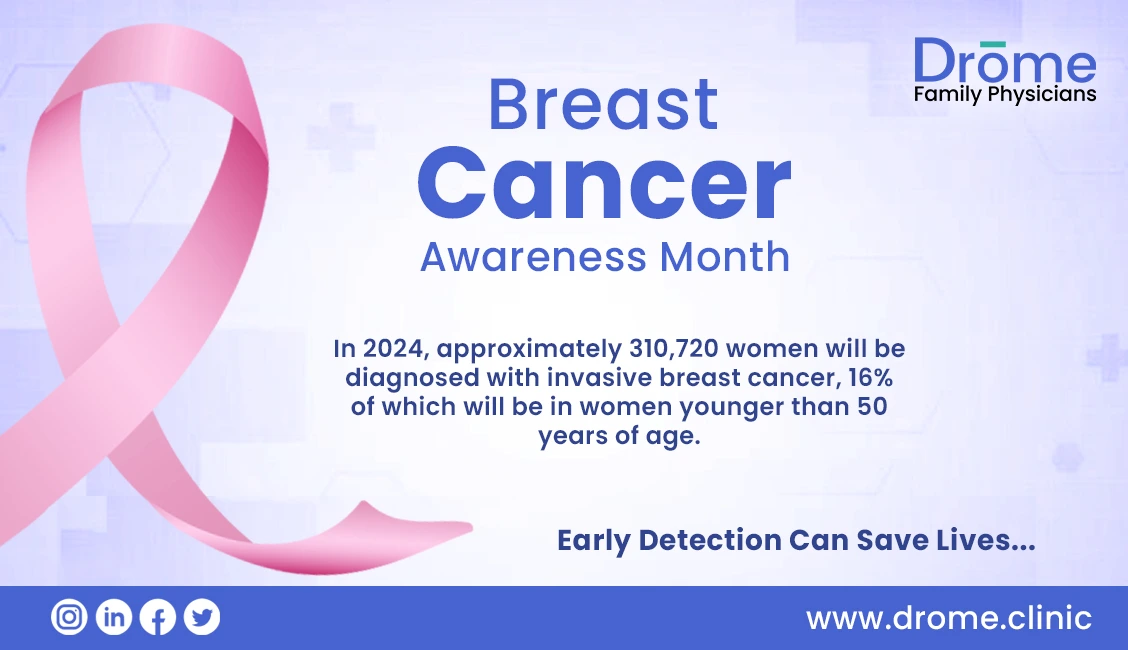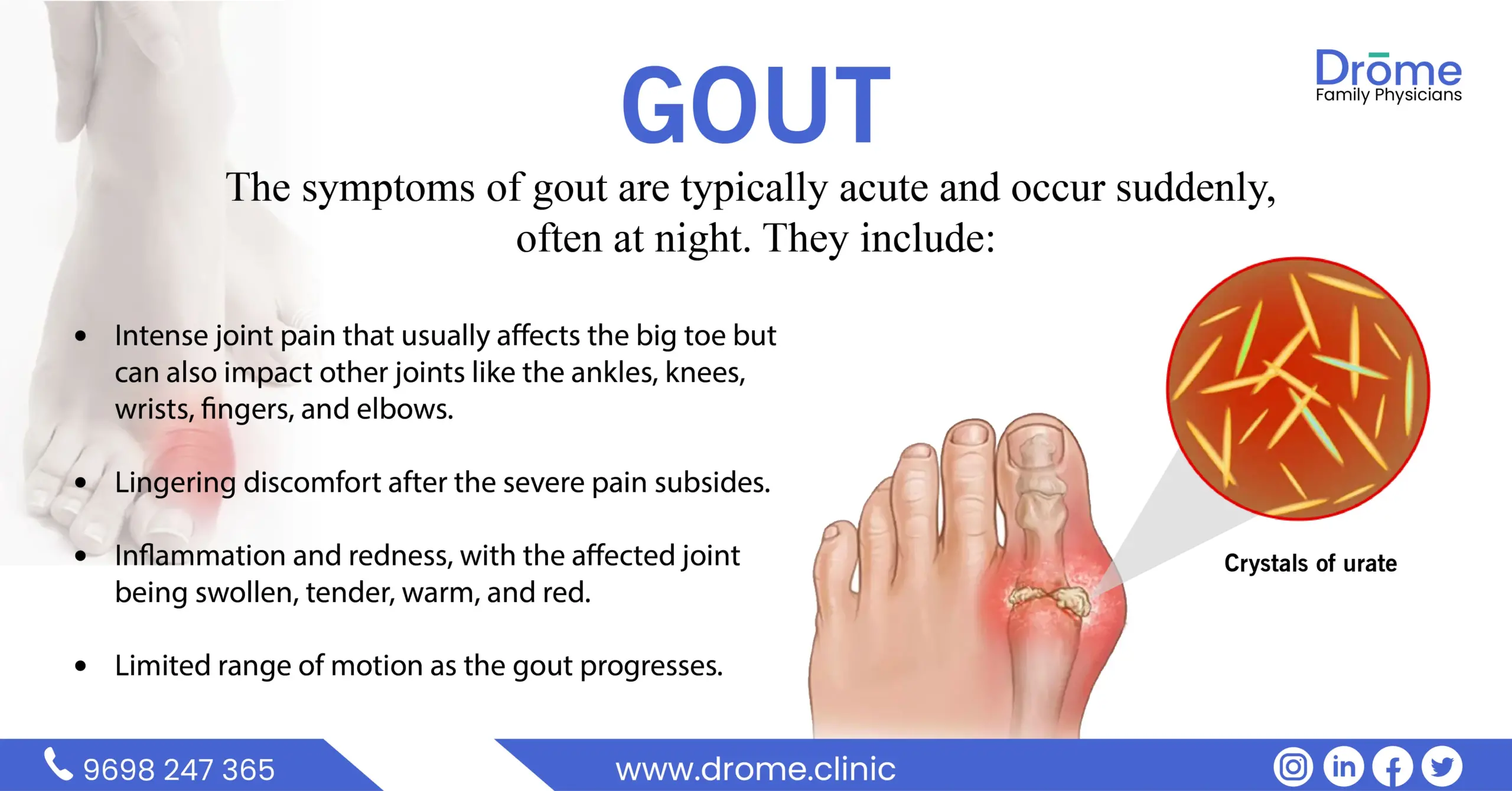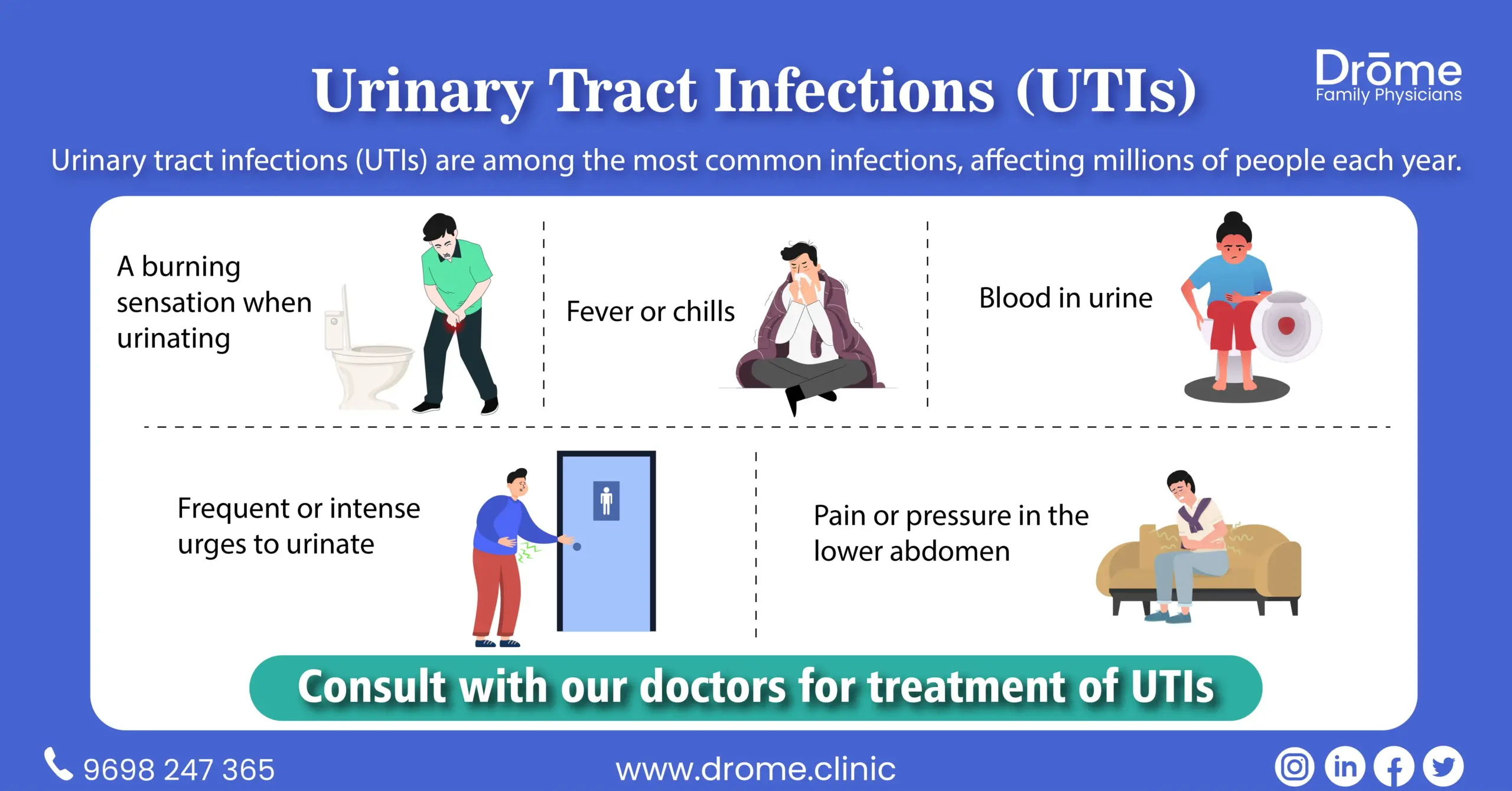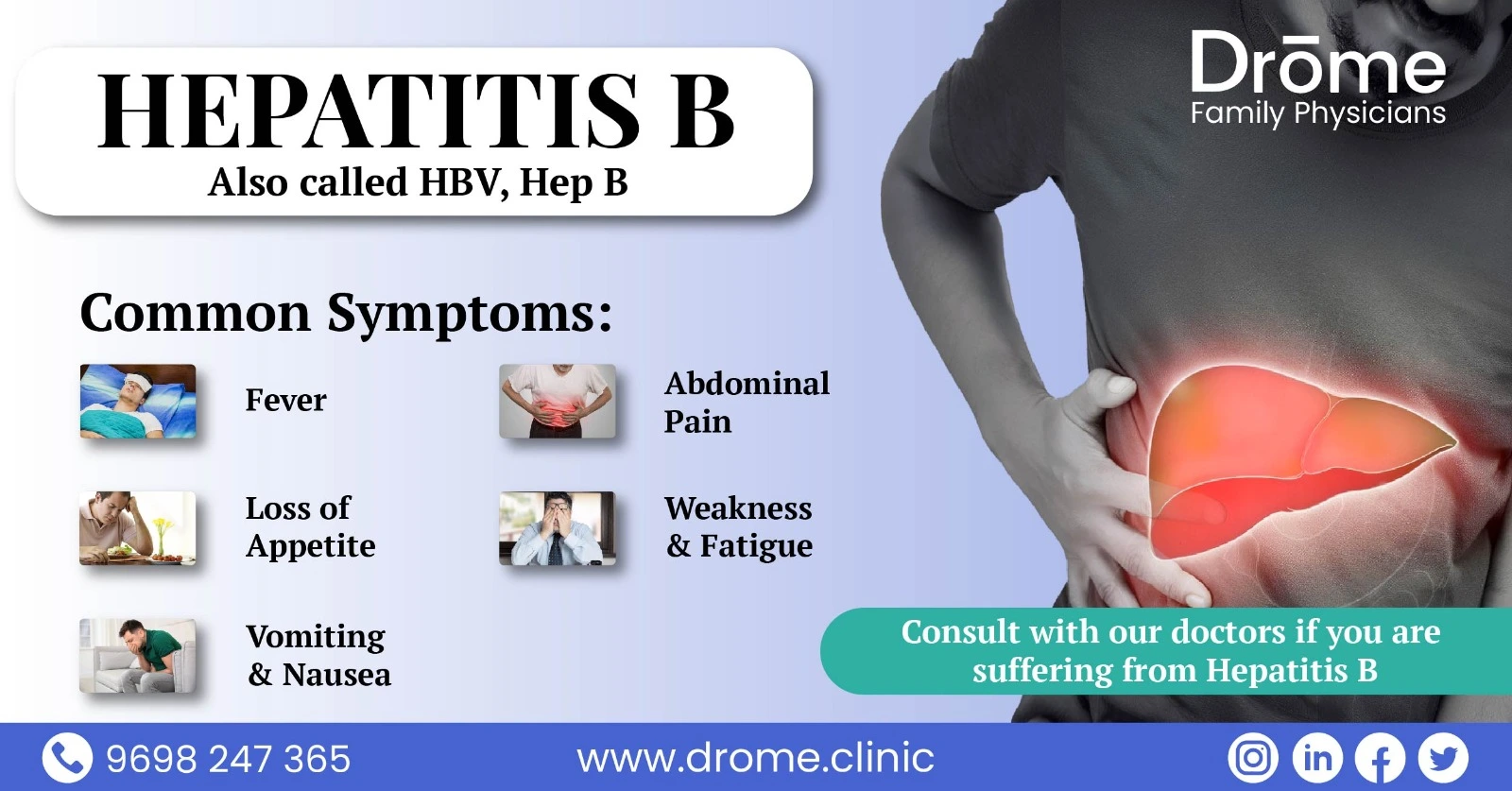Table of Contents
ToggleMumps: Understanding and Managing the Infection in India
Navigating mumps is a journey back to the basics of prevention, where awareness and vaccination light the path towards communal well-being.
Introduction – Mumps
Mumps, once a common childhood illness in India, continues to affect individuals despite the availability of effective vaccines. This blog aims to provide comprehensive information on mumps, its symptoms, treatment, and prevention, particularly focusing on the Indian context.
What is Mumps Disease?
Mumps is an infectious disease caused by the mumps virus. It is highly contagious and spreads through respiratory droplets or direct contact with an infected person. It causes swollen cheeks and a tender, swollen jaw, resulting from inflamed salivary glands.

Symptoms:
Symptoms of mumps appear about 2 to 3 weeks after exposure to the virus. Some people may have no symptoms or very mild symptoms.
The initial symptoms may be similar to flu symptoms such as:
- Fever
- Headache
- Muscle aches or pain
- Fatigue
- Loss of appetite
Subsequently swelling of the salivary glands usually starts within a few days. Symptoms may include:
- Swelling of one or both glands on the sides of the face.
- Pain or tenderness around the swelling.
Less often, swelling of glands below the floor of the mouth.
Causes:
- It is caused by the mumps virus.
- Commonly it spreads through infected saliva, coughing, sneezing or sharing utensils with an infected person.
Diagnosis
Mumps is diagnosed based on symptoms, particularly the swelling of salivary glands. A confirmation can be done through a swab of the cheek or throat secretions.
Treatment:
There’s no specific cure for mumps. The disease must run its course and usually goes away on its own within a couple of weeks. Mumps treatment focuses on relieving symptoms .The following steps can help manage symptoms:
- Drink plenty of fluids.
- Gargle with warm salt water.
- Eat soft, easy-to-chew foods.
- Avoid acidic foods that make your mouth water.
- Place ice or heat packs on swollen glands.
- Over the counter non-aspirin medications such as acetaminophen can help reduce fever
Complications of Mumps:
Complications of mumps are more likely among people who aren’t vaccinated. These can include:
- Arthritis: Inflammation of
- Deafness: Permanent hearing loss.
- Encephalitis: Inflammation of brain.
- Meningitis: Inflammation of the tissue covering brain and spinal cord.
- Oophoritis: Inflammation of
- Orchitis: Inflammation of testicles.
- Pancreatitis: Inflammation of pancreas.
- Thyroiditis: Inflammation of thyroid gland.
Prevention
Vaccination: The MMR (measles, mumps, and rubella) vaccine is the most effective way to prevent mumps.
Conclusion
While mumps is no longer as common as it once was, it remains a health concern in India. Vaccination and public awareness are crucial in controlling this disease.
FAQs on Mumps
Is mumps still common in India?
While less common than in the past, thanks to vaccination, mumps still occurs, particularly in areas with lower vaccination rates.
Yes, adults can get mumps, especially if they were not vaccinated as children.
Is the MMR vaccine safe and effective?
Yes, the MMR vaccine is both safe and effective in preventing mumps, measles, and rubella. It’s widely used across the globe.
Can someone get mumps more than once?
It’s rare to get mumps more than once. Having the disease usually provides lifelong immunity.
Sourced from Mayo Clinic and Cleveland Clinic







